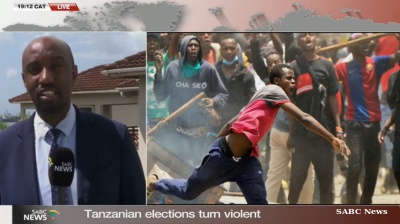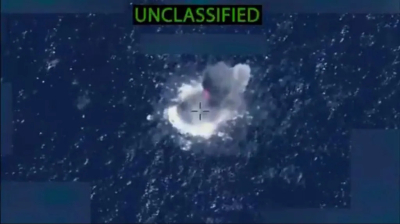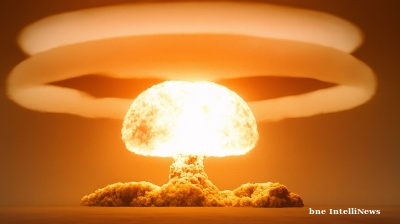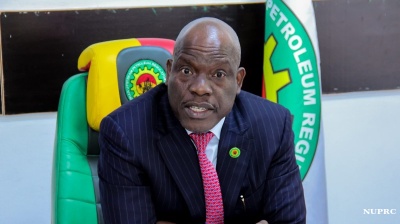The job of European diplomacy would have been stopping the war in Ukraine, but Brussels has become "irrelevant" by deciding not to negotiate, Prime Minister Viktor Orban told Italian commercial television channel ReteQuattro on October 28, during a two-day visit to Rome.
Asked about his meeting with Italian Prime Minister Giorgia Meloni and their shared positions and disagreements, Orban said that though there were differences, they agreed on several key issues, including the view that the "Brussels power centre" was in need of reform.
Brussels had "failed" on important issues affecting the everyday lives of Europeans, such as economic policy, the green transition, war and sanctions.
Orbán criticised the European Union for failing on key issues affecting citizens’ daily lives, including economic policy, the green transition, war and sanctions. He highlighted high energy prices as a major concern for Hungary and accused "Brussels bureaucrats" of making serious mistakes, particularly in the green transition, which he said harmed the industrial sector instead of supporting it.
Orbán also cited Hungary’s proximity to Ukraine as shaping its distinct view on the war, and claimed Europe had failed to prevent the conflict. He argued that, had Donald Trump been US president instead of Joe Biden, the war might not have occurred, adding that Europe should still do more to address the crisis.
The prime minister criticised the European Union for closing all diplomatic channels with Russia after the outbreak of the war in Ukraine, arguing that this made conflict resolution impossible. He said Brussels was becoming irrelevant by refusing to negotiate, leaving the United States and Russia to determine not only Ukraine’s future but also Europe’s defence structure, “exactly as happened after the Second World War.”
The prime minister added, at the same time, that the two warring sides were not enough to bring about peace, but a third player was needed. "The Europeans have withdrawn, so the only remaining player is [US President Donald] Trump, the first US president to devote himself to peace, and so we have to support him," he said.
Decisions on sanctions against Russia are determined by larger European countries such as Italy, Germany and France, not by Hungary, Orban argued, adding that he is most concerned with the impact of the measures on Hungarians, noting that the country’s lack of seaports made it reliant on Russian energy.
Orbán praised Italian Prime Minister Giorgia Meloni for prioritizing national interests, stressing that “without proud nation states, Europe has no future.”
Orbán said Europe was far stronger than Russia in terms of population, economy, and military power, yet it failed to use its strength effectively. He argued that with 742mn people compared to Russia’s 143mn, Europe should rely on negotiation rather than fear, adding that “our leaders are lousy” for not doing so.
Viktor Orban’s political director Balazs Orban (unrelated), on October 28, accused Italian newspaper La Repubblica of deliberately misrepresenting the prime minister’s remarks, describing it as “a textbook example of how fake news seeks to divide those who advocate dialogue and peace instead of war.”
According to Balázs Orbán, the Italian journalist had approached the prime minister on the street before a meeting with Giorgia Meloni, asking whether he considered Trump’s sanctions on Russian oil companies a mistake. Viktor Orbán reportedly replied that he would soon travel to Washington to discuss the sanctions and how to ensure a workable system for Hungary’s economy, which depends heavily on Russian oil and gas, to prevent price spikes and supply shortages.
La Repubblica, however, deliberately misinterpreted this statement, the political director wrote in his post, and created the false impression that the prime minister had called Trump’s decision a mistake, or even suggested that he would try to have the sanctions reversed.
During his visit to Rome, Pope Leo XIV held an audience with the Hungarian Prime Minister, who also met with Cardinal Pietro Parolin, the Vatican’s Secretary of State, and Archbishop Paul Richard Gallagher, Secretary for Relations with States and International Organisations. Orbán additionally met with Matteo Salvini, leader of the ruling League party.
News

Tanzania election protests trigger curfew; military deployed, internet cut
Demonstrators clashed with security forces in Dar es Salaam, setting a bus and a gas station ablaze, prompting authorities to impose a curfew from 6 p.m. The military was deployed in Dodoma, Zanzibar, and the commercial capital.

US strikes on drug vessels kill 14 in deadliest day of Trump's narcotics campaign
The US military killed 14 people in strikes on four vessels allegedly transporting narcotics in the eastern Pacific Ocean, marking the deadliest single day since President Donald Trump began his controversial campaign against drug trafficking.

Russia withdraws from Cold War plutonium disposal pact with US
Russian President Vladimir Putin has formally withdrawn from a key arms control agreement with the United States governing the disposal of weapons-grade plutonium, as the few remaining nuclear security accords between the two powers vanish.

Nigeria’s NUPRC holds exploratory talks with Bank of America on upstream financing
Nigeria's upstream regulator, NUPRC, has held exploratory talks with Bank of America as the country looks to attract new capital and revive crude output, after falling short of its OPEC+ quota.




